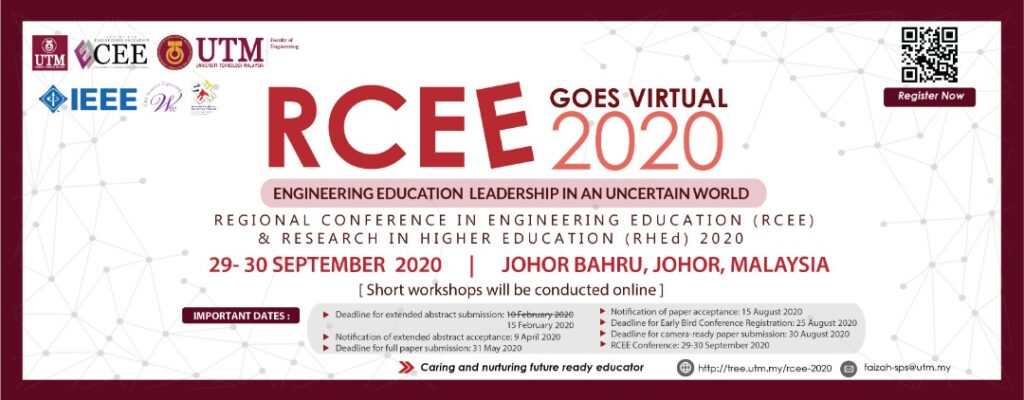

Professor Emeritus Richard M. Felder Hoechst Celanese Professor Emeritus of Chemical Engineering
North Carolina State University
Richard M. Felder is Hoechst Celanese Professor Emeritus of Chemical Engineering at North Carolina State University. He is coauthor of Elementary Principles of Chemical Processes (4th Edition, Wiley, 2015), which has been used as the text for the introductory chemical engineering course by roughly 90% of American chemical engineering departments and at many international institutions, and coauthor of Teaching and Learning STEM: A Practical Guide (https://educationdesignsinc.com/book/) (Jossey-Bass, 2016). He has also authored or coauthored four book chapters and over 300 papers on chemical process engineering and engineering education and presented hundreds of invited talks, workshops, and short courses in both categories at conferences and to industrial and research institutions and universities throughout the United States and abroad. He co-founded the American Society for Engineering Education National Effective Teaching Institute in 1991 and co-directed it from 1991 through 2015.
STEM EDUCATION: A TALE OF TWO PARADIGMS
or
EVEN PANDEMICS MAY HAVE THEIR POSITIVE SIDE
Higher education in science, technology, engineering, and mathematics (STEM) disciplines has been in a turbulent period for several decades. Pressures for education reform include declining student enrollments, high attrition rates, and chronic industry complaints about critical skill deficiencies in recent hires. In the past 20 years, cognitive science coupled with solid classroom research has produced powerful new teaching strategies and proved that they promote learning better than traditional teaching methods do. Another pressure to change has to do with online instruction. Online courses had already become competitive with traditional face-to-face courses before the coronavirus struck, and when it did, teachers throughout the world were forced to become online instructors whether they wanted to or not. As might be expected, many faculty members and administrators are less than enthusiastic about changing curricula and teaching methods, arguing that the existing system functioned well before the pandemic and needs no major revision once the pandemic has run its course.
The ongoing debate involves tensions regarding how STEM curricula and courses are designed, delivered, and assessed, and the role technology plays in all three functions. This talk outlines opposing positions on each of these issues—the traditional position, which has been the predominant approach of the past century, and the emerging position, which has been repeatedly validated by research and has become increasingly common in the last 10-15 years but is still not predominant at most universities. The talk concludes by offering predictions about the outcomes.
Any details on the registration, please visit here.
or directly fill in the registration form :
Registration Form for Participant (without paper).
